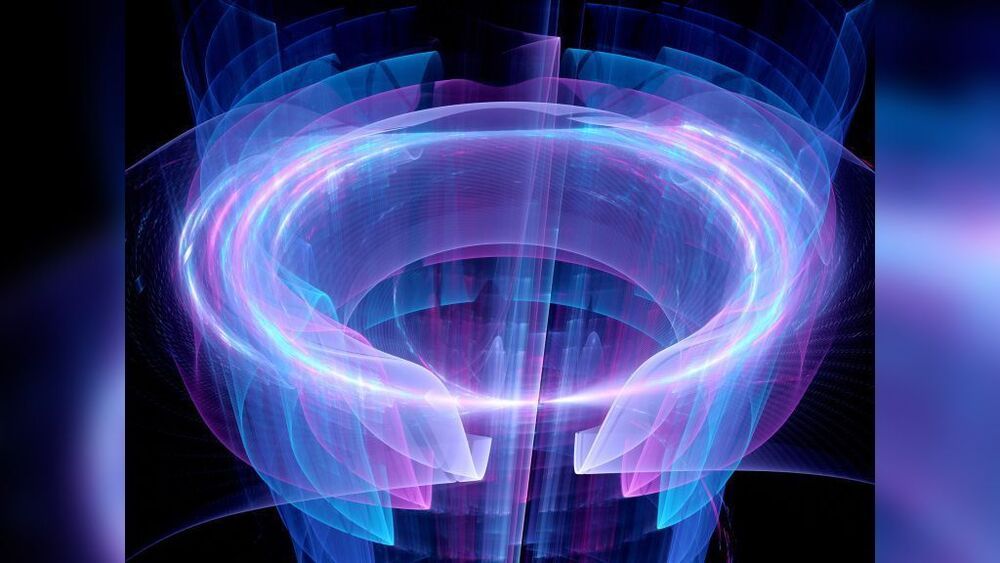A new mineral found in volcano could revolutionize batteries.
A mineral made in a Kamchatka volcano may hold the answer to cheaper batteries, find scientists.


Werner Herzog criticizes Musk and SpaceX prepares to break a rocket reusability record. What’s next for Crew Dragon? It’s Musk Reads: SpaceX Edition #221.
Back in 2013, Elon Musk released the “Hyperloop Alpha” PDF outlining his vision for a space-age styled pod that would speed 700 mph through a vacuum tube. More than seven years later, one company is actually coming close to making it a reality — and we have an exclusive interview with its co-founder and first passenger. You’ll only read it in Musk Reads+.
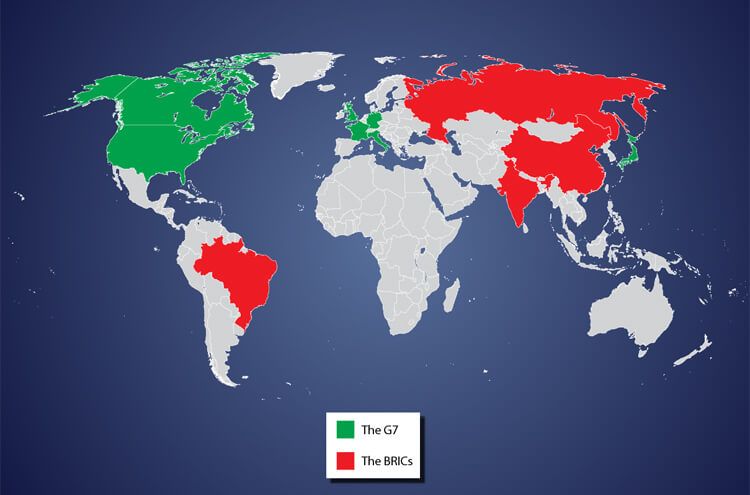
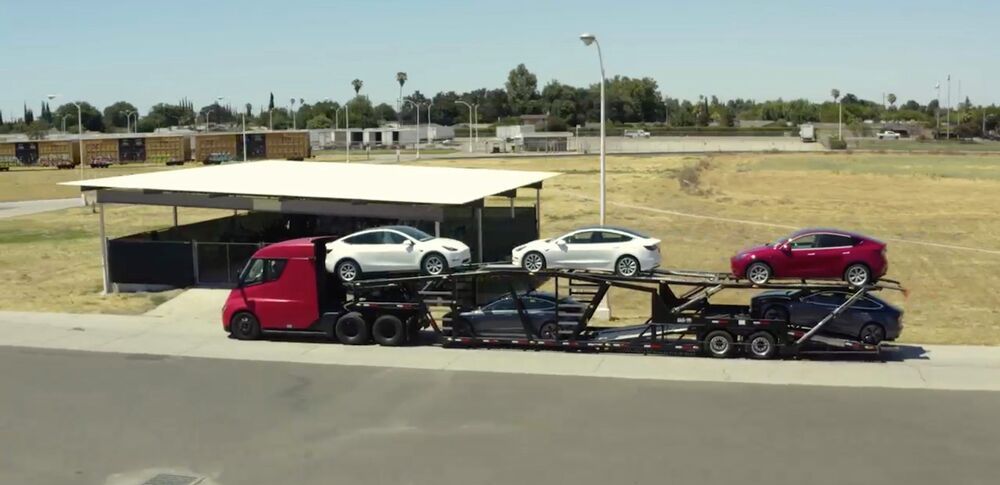
Elon Musk made new comments about the Tesla Semi program, Tesla’s upcoming electric semi truck, and said that the vehicle will eventually have up to 1,000 km (621 miles) of range.
This new range is going to be achieved, thanks to Tesla’s new in-house battery cells and battery pack technology.
When launching Tesla Semi in 2017, the automaker said that the production versions of Tesla Semi, which is a class 8 truck with a 80,000-lb capacity, will have 300-mile and 500-mile range options for $150,000 and $180,000, respectively.
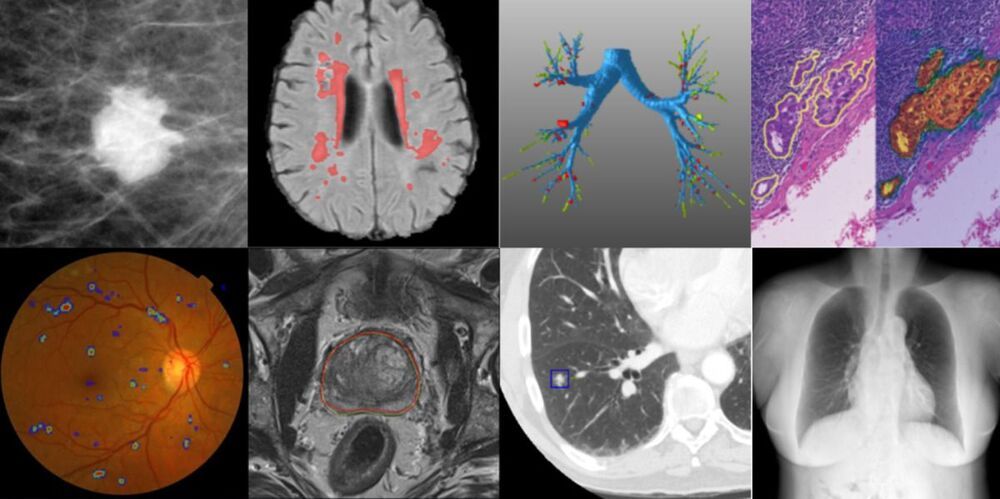
Another great advantage is the ability to incorporate AI at early stages of image acquisition. Among other things, this enables us to reduce the amount of radiation needed to acquire a high-resolution CT or shorten the duration needed for an MRI scan. And this leads to patient welfare improvements as well as healthcare cost reductions.
AI applications
In recent years there has been tremendous work in this field mainly focusing on cardiovascular, ophthalmology, neurology, and cancer detection.

Consumer drones have over the years struggled with an image of being no more than expensive and delicate toys. But applications in industrial, military and enterprise scenarios have shown that there is indeed a market for unmanned aerial vehicles, and today, a startup that makes drones for some of those latter purposes is announcing a large round of funding and a partnership that provides a picture of how the drone industry will look in years to come.
Percepto, which makes drones — both the hardware and software — to monitor and analyze industrial sites and other physical work areas largely unattended by people, has raised $45 million in a Series B round of funding.
Alongside this, it is now working with Boston Dynamics and has integrated its Spot robots with Percepto’s Sparrow drones, with the aim being better infrastructure assessments, and potentially more as Spot’s agility improves.

This is a story about math educator Mark Saul, and his Math on The Border program for migrant children. Mark and his team are trying to work with these children, and to encourage them. Mark is not only one of the best math educators in the world, he is also an amazing human being.
Having an opportunity to use one’s brain is a basic human need, says Saul. Back at the Templeton Foundation, he studied under-exploited human capital and the boundless human potential. Despite their difficult past and uncertain future, migrant children are eager to build their math skills. Resourceful and resilient in the face of failure, they reshuffle the pieces and try again. They work in groups and make new friends along the way. Many of them are highly gifted – Saul can attest to that. It doesn’t take him long to see what these children, abandoned by life, are capable of with just a little encouragement. And he can tell from the looks on their faces how delighted they are at having their abilities recognized and valued.
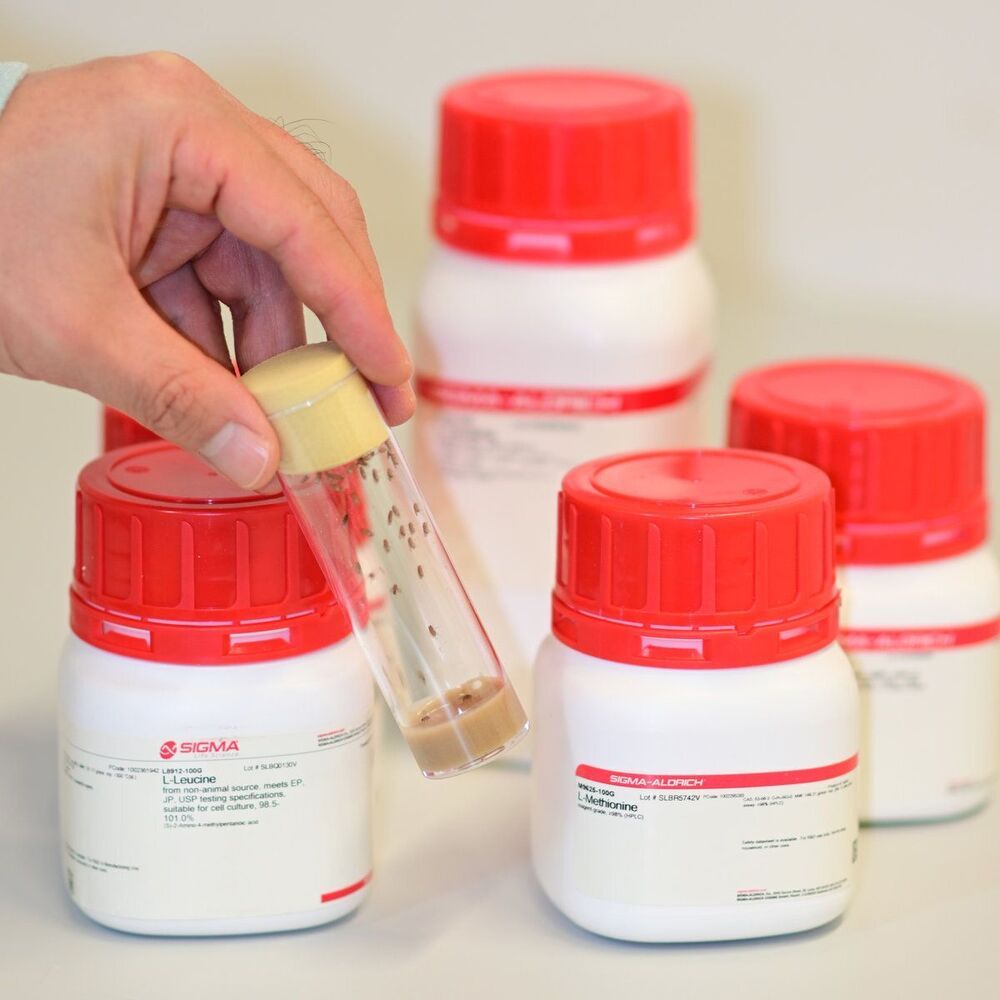
10% longer.
Reduced food intake, known as dietary restriction, leads to a longer lifespan in many animals and can improve health in humans. However, the molecular mechanisms underlying the positive effects of dietary restriction are still unclear. Researchers from the Max Planck Institute for Biology of Aging have now found one possible explanation in fruit flies: they identified a protein named Sestrin that mediates the beneficial effects of dietary restriction. By increasing the amount of Sestrin in flies, researchers were able to extend their lifespan and at the same time these flies were protected against the lifespan-shortening effects of a protein-rich diet. The researchers could further show that Sestrin plays a key role in stem cells in the fly gut thereby improving the health of the fly.
The health benefits of dietary restriction have long been known. Recently, it has become clear that restriction of certain food components, especially proteins and their individual building blocks, the amino acids, is more important for the organism’s response to dietary restriction than general calorie reduction. On the molecular level, one particular well-known signaling pathway, named TOR pathway, is important for longevity.
“We wanted to know which factor is responsible for measuring nutrients in the cell, especially amino acids, and how this factor affects the TOR pathway,” explains Jiongming Lu, researcher in the department of Linda Partridge at the Max Planck Institute for Biology of Aging. “We focused on a protein called Sestrin, which was suggested to sense amino acids. However, no one has ever demonstrated amino acid sensing function of Sestrin in a living being.” Therefore, Lu and his colleagues focused on the role of Sestrin in the model organism Drosophila melanogaster, commonly known as fruit fly.
